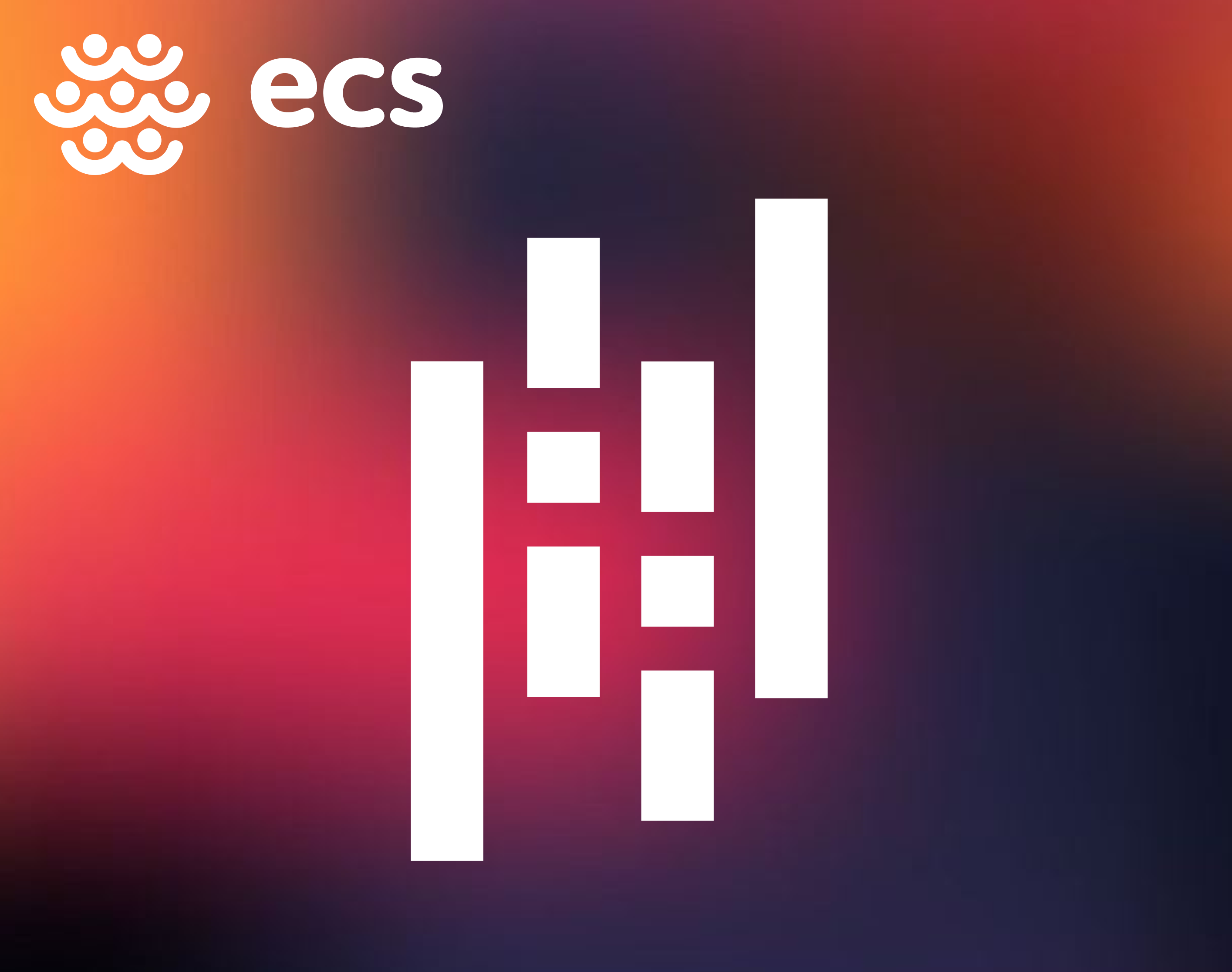
Welcome to the “Introduction to Pandas” course! This comprehensive course, designed for beginners, takes approximately 3 hours to complete and provides a foundational understanding of Pandas. No prior knowledge of the subject is required.
This course will help you to:
- Understand what Pandas is and its key features and benefits.
- Work with Series and DataFrames, the core data structures in Pandas.
- Perform indexing, selecting, and assigning operations in Pandas.
- Utilize basic functions to manipulate and analyze data.
- Apply grouping operations to aggregate and summarize data.
- Combine and merge datasets for comprehensive data analysis.
By the end of this course, you will be well-prepared to handle data efficiently using Pandas, setting a strong foundation for more advanced data analysis and manipulation tasks.
You can access most courses as a guest with the provided password, but logging unlocks features like progress tracking, quizzes, badges, and personalized learning. Some courses require login to participate.
